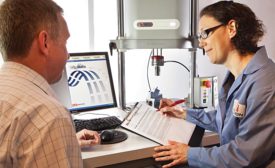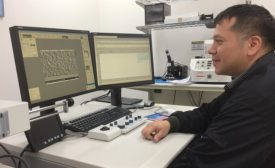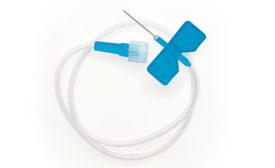Home » risk management
Articles Tagged with ''risk management''
Get Ready for Risk Based Thinking
Risks are all around. Risk based thinking can help your organization cope.
May 1, 2020
Materials Testing Systems in Regulated Environments: What You Need to Know
In the current environment, non-compliance is not an option.
March 8, 2020
It's Time for Risk Based Thinking
Risk based thinking can help you prevent losses, capture opportunities and improve communication throughout the organization.
February 1, 2019
ISO 9001:2015 Implementation: The Good, the Bad and the Trending
The future for ISO 9001 is strong.
November 8, 2018
Risk Mitigation for Counterfeit Electronic Parts
IEC Electronics Analysis and Testing Laboratory once again received ISO/IEC 17025:2005 accreditation.
April 30, 2018
INDUSTRY HEADLINE
DuPont Sustainable Solutions Unveils Findings from 2017 Global Operational Risk Survey of Corporate Leaders
September 14, 2017
INDUSTRY HEADLINE
Sphera Solutions Acquires Rivo Software, Expands Health and Safety Software Offerings and Cloud-Based Applications
April 7, 2017
Stay in the know with Quality’s comprehensive coverage of
the manufacturing and metrology industries.
eNewsletter | Website | eMagazine
JOIN TODAY!Copyright ©2024. All Rights Reserved BNP Media.
Design, CMS, Hosting & Web Development :: ePublishing










